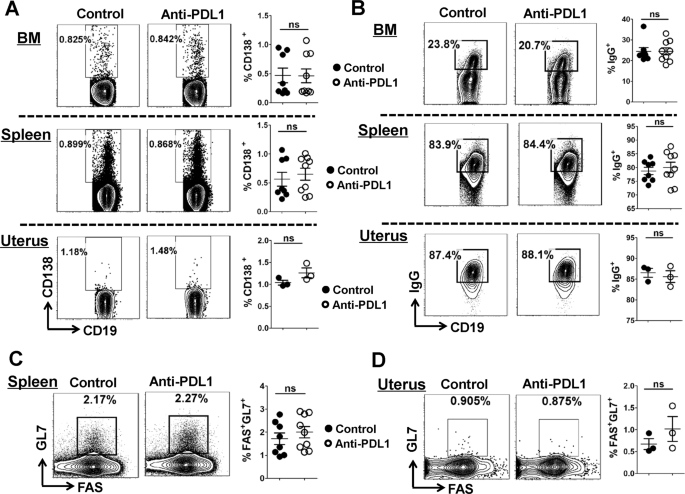
In addition, AC significantly reduced the expression of CDK4 and Cyclin D1 in a dose‑dependent manner, significantly upregulated the activation of caspase‑9 and caspase‑3, and decreased the Bcl‑2/Bax mRNA ratio. AC attenuated IκBα phosphorylation in a dose‑dependent manner, thereby preventing P65 from entering the nucleus, and resulting in inhibition of the NF‑κB signaling pathway. Furthermore, AC induced cell cycle arrest at the G0/G1 phase. AC decreased the mitochondrial membrane potential and increased the apoptosis of CRC cells in a dose‑dependent manner. The findings revealed that 2 µM AC suppressed the proliferation of CRC cells in a time‑ and dose‑dependent manner, but had no adverse effects on normal human intestinal FHC cells at a range of concentrations. Furthermore, the biological effect of AC in vivo was detected using a xenograft mouse model. Cell apoptosis and cell cycle were monitored by flow cytometry, and the expression of genes was evaluated using RT‑qPCR and western blot analysis. Mitochondrial membrane potential was examined by JC‑1 staining.

In the present study, CCK‑8 and colony formation assays were performed to assess the effects of AV on human CRC cell lines (HCT116, SW480 and LoVo). Therefore, the aim of the present study was to investigate the effect of AC on CRC cells. Asiaticoside (AC) exhibits antitumor effects however, to the best of our knowledge, the biological function of AC in CRC cells remains unclear. Colorectal cancer (CRC) is one of the leading causes of cancer‑associated mortality.


 0 kommentar(er)
0 kommentar(er)
